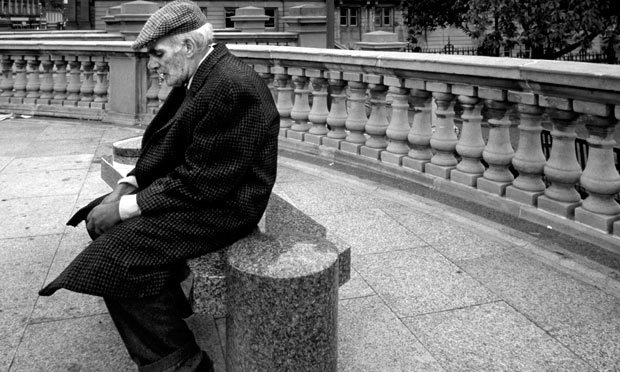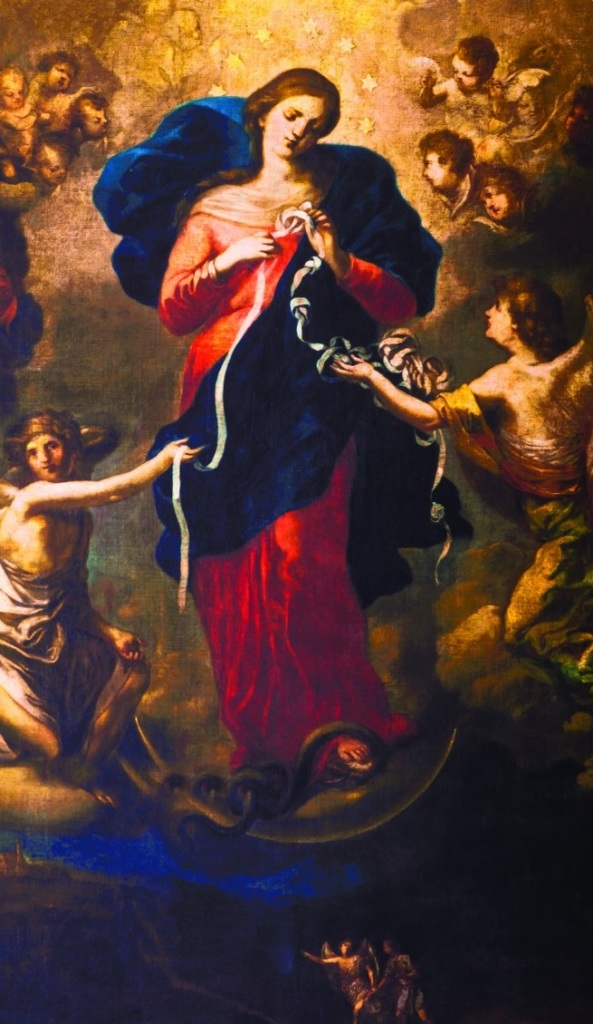An Arvo Part lullaby, the images from Galicia Spain–northwest mountain territory above Portugal , the river Sil and the monastery of Saint Stephen (San Estaban).
Poetry

Three Doves

Seaward, at morn, my doves flew free;
At eve they circled back to me.
The first was Faith; the second, Hope;
The third, the whitest, Charity.
Above the plunging surges play
Dream-like they hovered, day by day.
At last they turned, and bore to me
Green signs of peace thro’ nightfall gray,
No shore forlorn, no loveliest land
Their gentle eye had left unscanned,
‘Mid hues of twilight-heliotrope
Or daybreak fires by heaven-breath fanned.
Quick visions of celestial grace,—
Hither they waft, from earth’s broad space,
Kind thoughts for all humanity,
They shine with radiance from God’s face.
Ah, since my heart they choose for home,
Why loose them,—forth again to roam ?
Yet look; they rise with loftier scope
They wheel in flight toward Heaven’s pure dome.
Fly, messengers that find no rest
Save in such toil as makes man blest!
Your home is God’s immensity;
We hold you but at His behest.
James Jeffrey Roche

Hope is the Thing with Feathers
Emily Dickinson
‘Hope’ is the thing with feathers—
That perches in the soul—
And sings the tune without the words—
And never stops—at all—
And sweetest—in the Gale—is heard—
And sore must be the storm—
That could abash the little Bird
That kept so many warm—
I’ve heard it in the chillest land—
And on the strangest Sea—
Yet, never, in Extremity,
It asked a crumb—of Me.

Rosa Mystica

O Mystic Rose, in God’s fair garden growing,
O Mystic Rose, in Heaven’s high courtyard blowing—
Make sweet, make sweet the pathway I am going.
O Mystic Rose!
The darkling, deathward way that I am going.
O Mystic Rose!
O Rose, more white than snow-wreath in December,
O Rose, more red than sunset’s dying ember,
My sins forget, my penitence remember,
O Mystic Rose!
Though all should fail, I pray that thou remember,
O Mystic Rose!
O Mystic Rose, the moments fly with fleetness,
To Judgement I, with all my incompleteness—
But thou, make impression by thy sweetness,
O Mystic Rose!
Be near to soothe and save me by thy sweetness,
O Mystic Rose!
By Denis A. McCarthy

Mea Culpa
Be pitiful, my God !
No hard-won gifts I bring,
But empty, pleading hands.
To Thee at evening.
Spring came, white browed and young:
I, too, was young with Spring ;
There was a blue, blue heaven
Above a skylark’s wing.
Youth is the time for joy
I cried. it is not met
To mount the heights of toil
With childish feet.
When Summer walked the land
In Passion’s red arrayed,
Under green sweeping boughs
My couch I made.
The noontide heat was sore,
I slept the Summer through;
An angel waked me -“Thou
Hast work to do.”
I rose and saw the sheaves
Upstanding in a row;
The reapers sang Thy praise
While passing to and fro.
My hands were soft with ease,
Long were the Autumn hours;
I left the ripened sheaves
For poppy-flowers.
But lo! now Winter glooms,
And gray is in my hair;
Whither has flown the world
I found so fair?
My patient God, forgive!
Pray Thy pardon sweet,
I lay a lonely heart
Before Thy feet.

The poet is a woman who died young, at the age of thirty-five, yet the humble world weary tone of the poem reflects the mind of one wizened with aged. I find the third stanza interesting. Youth being a time of joy, yet none is met. I think of my young adulthood, a time I envisioned to be of grand adventure and thrill seeking–experience and elation, yet in truth it was a horrid struggle, severe confusion and aimless wandering.

Father Robert Hugh Benson
PLEAD THOU MY CAUSE!
I
ATTRITION
Plead Thou my cause, else who will plead for me,
My Kingly Advocate before the Throne?
Trembling I stand; guilty, ashamed, alone,
Girt only by my own iniquity,
Cried down by sins that fain would silence Thee,
Some coming after, some to judgment gone.
What I have done, what I have left undone,
Beckon me out to deathless misery.
The Court is set, and will not let me go;
The heavy books are black with blotted shame.
I cannot answer; none can plead but Thou.
I knew not what I did in sinning so;
Hell hungers for me; see, the worm, the flame
Nought but Love’s eloquence can save me now.
PLEAD THOU MY CAUSE!
II
CONTRITION
Plead Thou my cause; yet let me bear the pain,
Lord, Who hast done so much to ransom me,
Now that I know how I have wounded Thee,
And crucified Thee, Prince of Life, again.
Yea, let me suffer; Thou wilt not disdain
To let me hang beside Thee on the Tree
And taste Thy bitter Cup of agony.
Let it not be that Thou hast died in vain.
Ah, awful Face of Love, bruised by my hand,
Turn to me, pierce me with Thine eyes of flame,
And give, me deeper knowledge of my sin.
So let me grieve and, when I understand
How great my guilt, my ruin, and my shame,
Open Thy Sacred Heart and let me in!

Beautiful lyrical poems of being human, surrender and weakness. Important to note though that Father Benson wrote this poem before 1903, before his conversion to Catholicism. A son of the Archbishop of Canterbury, leader of the Church of England, and a member of a highly respected academic family, his conversion was widely publicized and discussed. I wonder if after his conversion to Catholicism, he would have wrote the first line: ‘Plead Thou my cause, else who will plead for me’. Brought into the teaching and ways of Catholicism, would he have recognized the advocacy of Our Holy Mother? I am positive a brilliant scholar, one trending more toward prayer and mysticism, would easily become aware of Our Holy Mother’s power in pleading our case to Her Son.

Mary Undoer of Knots

Ordinary prayer
Eucharist witnessing,
Whispering softly ten times,
Silence and bead counting.
I am a leper.
I am an outcast.
Heal me Lord.
I am a leper.
I am an outcast.
Heal me Lord.
I am a leper.
I am an outcast.
Heal me Lord.
I am a leper.
I am an outcast.
Heal me Lord.
I am a leper.
I am an outcast.
Heal me Lord.
I am a leper.
I am an outcast.
Heal me Lord.
I am a leper.
I am an outcast.
Heal me Lord.
I am a leper.
I am an outcast.
Heal me Lord.
I am a leper.
I am an outcast.
Heal me Lord.
I am a leper.
I am an outcast.
Heal me Lord.
A leper came to him and kneeling down begged him and said,
“If you wish, you can make me clean.”
Moved with pity, he stretched out his hand,
touched the leper, and said to him,
“I do will it. Be made clean.”
Gospel of Mark


Recent Comments